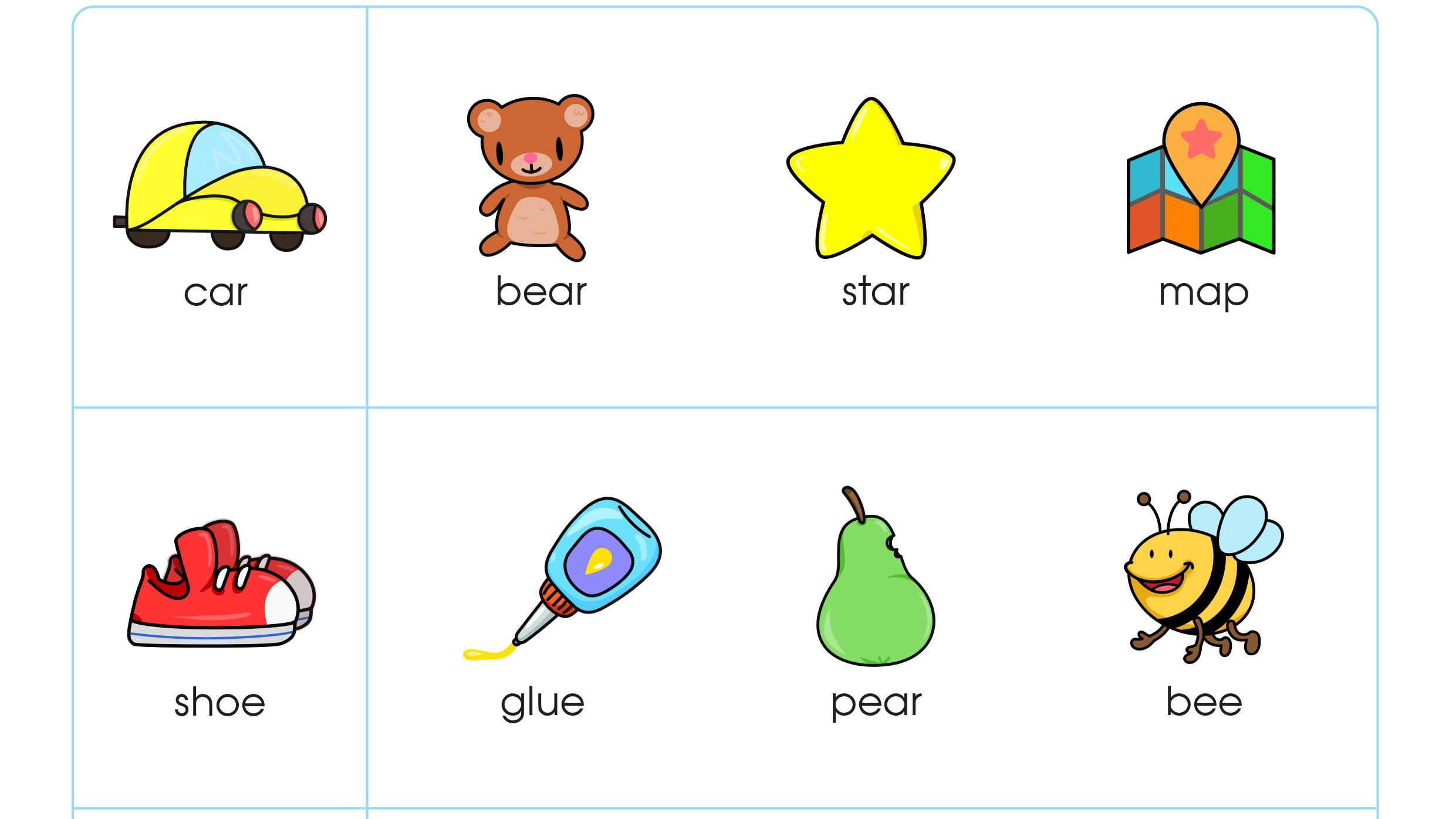Establishing Good Study Habits from an Early Age
July 5, 2018
The moment your baby is born, he is taking in his surroundings, and learning about the world around him. A child’s brain is like a sponge, soaking up information that will be used for a lifetime.
With that said, it’s important that every child starts learning academic skills early in their development to set the stage for a life filled with success and opportunity. But for your child to utilize the skills she learns, it’s important to teach and reinforce strong study habits. Keep reading to learn how to build a framework for instilling good study habits.

Practicing Academic Skills as a Toddler
Chances are, you’re probably already in the process of teaching your child academic skills through learning apps, flashcards, or worksheets. If so, you’re right on track, and if not, it’s easy to get started no matter what level your child is at currently.
Vital to their academic development, it’s important that your toddler grows up practicing learning tasks. This helps to develop stamina, and teaches the importance of academic skills to your child from a very early age. Find early learning apps to help your child, eventually working towards printable kindergarten worksheets to help prepare your little one for school.
Special Offer: Get 60% off the yearly subscription on Kids Academy: Talented & Gifted Program! You’ll find tons of summer learning activities covering math, writing, science and much more!
Setting Routines and Boundaries
Once you’ve found the perfect combination of early learning materials for your child, it’s critical that you put into place predictable routines and a system of boundaries your child will come to expect. Think of a time that is best for your family to sit down and learn academic skills.
- Do you have 10 minutes open in the evenings after dinner? What about late Saturday mornings? Maybe the time before bath and bed? Whenever is right for you and your child, make this the time your child learns on a consistent basis.
- Plan to use this time 2-3 times a week to start, steadily increasing sessions or the time allotted to build stamina.
- Incorporate boundaries, meaning refraining from other mindless activities like watching TV during these designated times.
Location, Location, Location!
Like they say in real estate, “location, location, location”! Where your child studies matters. Be sure that the space you choose is conducive to learning. That means that it should be free from distractions, and a comfortable place for your child. This might be your child’s bedroom, an office or study, or even the living room so long as distracting toys and goodies are stowed away, and the TV turned off.
Taking Breaks and Staying Positive
Experts usually say that a child’s attention span is usually as long as their age in years. That means your 2-year old’s attention span may only be 2 minutes! And it doesn’t get much better when a kindergartener’s attention span may only reach to 5. This doesn’t mean that you should only allot 2 minutes of your day to your child’s learning, however. But it does mean that you should plan to transition to different learning methods during your allotted time.
- If your child loses interest after a few minutes with one learning app, switch to reading a book, watching a learning video, or working on a brief worksheet.
- Keep your child learning in short bursts, always switching their attention to something new, i.e. engaging afterschool activities, when they can learn while playing outside.
Organization is Key
When you’ve determined the right time for you and your child, make sure you have all the materials ready to go. Just going through the process to ensure you have everything you need will teach your child that it’s important to organize their materials as they get older. Pre-print worksheets, have ample pencils on hand, and make sure to include your child in the set-up and clean-up to reinforce organizational skills.
Finally, always make learning time a fun and positive time for your child! It should not be used as a punishment, or a means to do something else. Otherwise, your child will come to think that learning isn’t fun and that the real reward is what comes afterwards. Keep your academic practice upbeat and fun for a positive experience. Utilizing the tips above will encourage your little learner to value learning, and build habits for lifetime learning!



.jpg)





